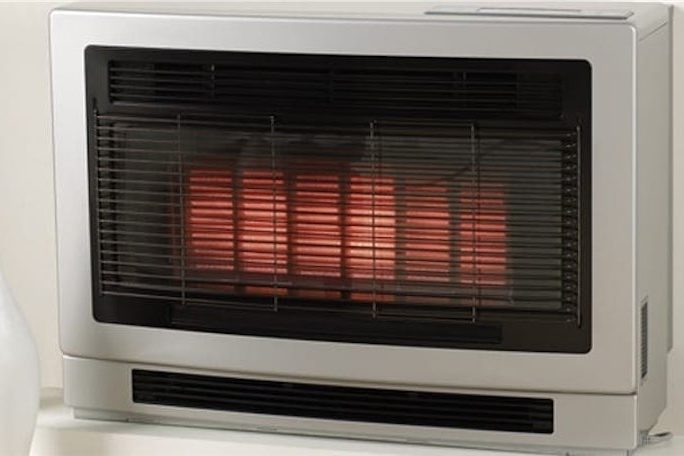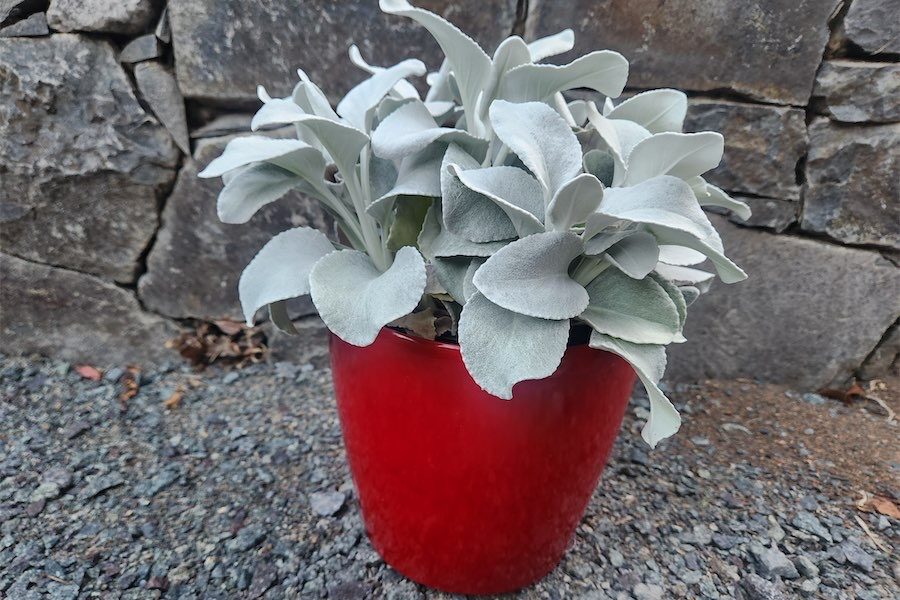
Space heaters provide an extra boost of warmth, making even the coldest rooms feel inviting, says DAVID ELLINGSEN, CEO of Gas and Plumbing Australia. In this sponsored post he shares the pros and cons of five space-heater options.
When temperatures plummet, and the icy chill of winter sets in, there’s nothing quite like cosying up in a warm and comfortable space.
That’s where space heaters come into play – these handy devices provide an extra boost of warmth, making even the coldest rooms feel inviting.
But with so many options on the market, it can be overwhelming to know which type of space heater is right for you.
In this guide, we’ll delve into the world of space heaters, exploring five common types and uncovering their unique pros and cons. Whether you’re looking for quick warmth, space heater efficiency or safety features, there’s a space heater out there to suit your winter warmth needs.
From the gentle, even heat of convection heaters to the instant warmth of radiant heaters, each type offers its own advantages and drawbacks.
By understanding the differences between these heaters, you can make an informed decision and ensure your home stays cosy and comfortable all winter long. So, let’s get started and discover the world of space heaters.
1. Convection heaters
Convection heaters are like the silent warriors of warmth in your home. They work by heating up the air around them and then circulating it throughout the room, creating a gentle, even heat that envelops you like a cosy blanket.
One of the best things about convection heaters is their quiet operation – you’ll hardly even notice they’re there, except for the comforting warmth they provide. Plus, they’re great for maintaining a consistent temperature, ensuring that every corner of the room stays warm.
But, like all things, convection heaters have their drawbacks, too. They can be a bit slow to heat up initially, so you might have to wait a little longer to feel the full effects of their warmth. And because they rely on air circulation to distribute heat, they can pose a fire hazard if placed too close to curtains, furniture, or other flammable objects.
Overall, though, convection heaters are a reliable and efficient way to keep your home warm and comfortable during the chilly winter months. With their even heating and quiet operation, they just just may become your new favourite winter companion.
2. Radiant heaters
Radiant heaters are like your personal sunbeams on a cold winter day, emitting warmth directly on to your body or nearby objects. One of the greatest perks of radiant heaters is their instant warmth – as soon as you switch them on, you can feel the heat wrapping around you like a warm hug. Plus, they’re incredibly energy efficient since they heat objects directly instead of wasting energy on heating up the air.
However, there are a couple of downsides to consider. Radiant heaters tend to provide more localised warmth, so they might not be the best option for heating up larger spaces. Also, because they emit heat in a specific direction, you might not feel their warmth if you’re not positioned directly in their line of sight.
Overall, though, radiant heaters are a fantastic choice for quickly warming up small areas and for providing targeted warmth right where you need it most. Whether you’re working at your desk or relaxing on the couch, a radiant heater can help keep you toasty warm and comfortable all winter long.
3. Ceramic heaters
Ceramic heaters are like the sleek, modern solution to your chilly room woes. They use ceramic plates to heat up and then emit warm air into your space, providing quick and efficient warmth when you need it most.
One of the best things about ceramic heaters is their rapid heating ability – within minutes of turning them on, you can feel the room start to warm up around you. Plus, many ceramic heaters come with built-in safety features like cool-to-the-touch exteriors, giving you peace of mind while they work their magic.
However, there are a couple of drawbacks to keep in mind. Some ceramic heaters rely on fans to distribute heat, which can make them a bit noisy during operation. Additionally, since they run on electricity, you’ll need to have access to an outlet to use them, which might limit where you can place them in your space.
Overall, though, ceramic heaters are a convenient and effective way to add warmth to any room in your home. With their quick heating times and safety features, they’re sure to become your go-to solution for staying warm and snug during the colder months.
4. Oil-filled heaters
Oil-filled heaters are like the dependable workhorses of the heating world, quietly and efficiently keeping your space warm and toasty.
Unlike traditional space heaters, oil-filled heaters don’t rely on fans or exposed heating elements. Instead, they use electricity to heat oil sealed inside their columns, which then radiates heat into the room.
One of the greatest perks of oil-filled heaters is their ability to retain heat even after being turned off, making them incredibly energy-efficient and cost-effective in the long run.
However, there are a couple of things to consider before investing in an oil-filled heater. First, they can be a bit slow to heat up initially, so you might need to wait a little longer before feeling their full warmth.
Additionally, oil-filled heaters tend to be heavier and bulkier than other types of space heaters, which can make them a bit more challenging to move around your space.
Overall, though, oil-filled heaters are a reliable and efficient option for keeping your home warm and comfortable during the colder months. With their ability to retain heat and their silent operation, they’re sure to become a staple in your winter heating arsenal.
5. Fan heaters
Fan heaters are like the swift superheroes of the heating world, blasting warmth into your room at lightning speed. Here’s what you need to know about them:
- Rapid heating: Fan heaters are known for their quick heating abilities, making them ideal for when you need to warm up a space in a hurry.
- Affordable: Compared to some other types of space heaters, fan heaters are often more budget-friendly, making them a great option if you’re looking to save some money.
- Portable: Many fan heaters are compact and lightweight, making them easy to move from room to room as needed.
- May dry out the air: Because fan heaters work by blowing air around, they can sometimes dry out the air in your space, which might be a concern if you’re prone to dry skin or respiratory issues.
- Potential noise: Some fan heaters can be a bit noisy during operation due to the sound of the fan blowing air, which might be a drawback if you’re sensitive to noise or prefer a quieter heating option.
Overall, fan heaters are a convenient and efficient way to add warmth to any room in your home, particularly when you need quick heating on a budget. Just be mindful of potential noise and air dryness when using them.
Meeting your heating needs
Whether you’re seeking quick warmth, energy efficiency or targeted heating, there’s a space heater out there to meet your needs.
- Convection heaters offer gentle, even heat distribution.
- Radiant heaters provide instant warmth directly to you or nearby objects.
- Ceramic heaters boast rapid heating capabilities and safety features.
- Oil-filled heaters are renowned for their energy efficiency and heat retention.
- Fan heaters, on the other hand, offer rapid heating at an affordable price, but may contribute to air dryness and noise.
When choosing a space heater, it’s essential to consider factors such as heating speed, energy efficiency, safety features and noise levels. By weighing the pros and cons of each type, you can make an informed decision that suits your heating preferences and needs.
Who can be trusted?
In a world of spin and confusion, there’s never been a more important time to support independent journalism in Canberra.
If you trust our work online and want to enforce the power of independent voices, I invite you to make a small contribution.
Every dollar of support is invested back into our journalism to help keep citynews.com.au strong and free.
Thank you,
Ian Meikle, editor




Leave a Reply